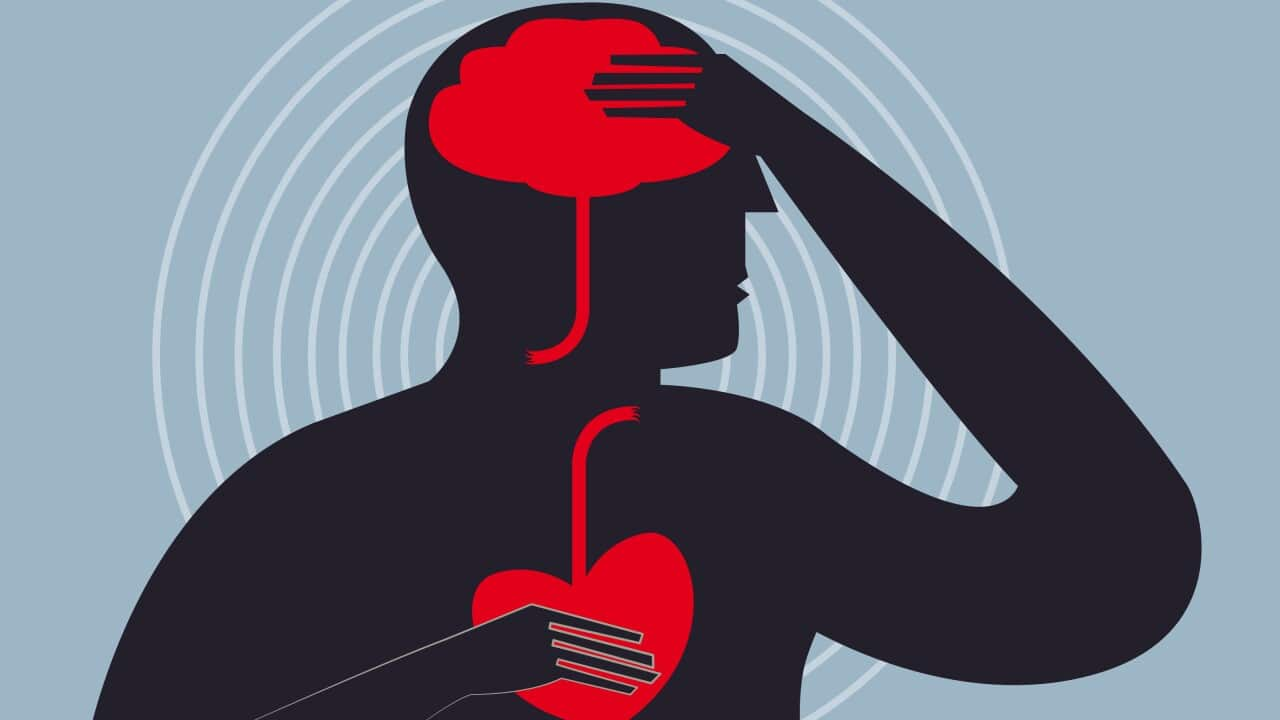Hundreds of thousands of Australians have dementia, and a new study has projected it could soon become the country's leading cause of death.
An Australian Institute of Health and Welfare study commissioned by Dementia Australia has predicted dementia rates will surge 94 per cent by 2054 unless there is a medical breakthrough.
Here's what you need to know about dementia, and what you can do to reduce your risk.
What is dementia and how common is it?
Dementia is not one specific disease but is an umbrella term for a group of symptoms caused by disorders affecting the brain.
Dementia and impaired brain function can impact memory, speech, thought, personality, behaviour and mobility. It is a degenerative, terminal illness.
There are many forms of dementia, with the most common being the degenerative brain disease Alzheimer's disease.
According to Dementia Australia, in 2024, it is estimated more than 421,000 Australians are living with dementia.
It is the second leading cause of death for Australians and the main cause of death for women.
Professor Kaarin Anstey is director of the University of New South Wales Ageing Futures Institute and a senior principal research scientist at Neuroscience Research Australia.
She said the projected increase in prevalence is largely due to Australians living longer.

Dementia cases are projected to almost double in the next three decades, according to the Australian Institute of Health and Welfare. Source: SBS News
"And that is also an opportunity for us to do risk reduction to try to reduce those projections."
What are the causes of dementia?
There is not one specific cause of dementia and it can happen to anybody, but some people are more likely to develop it.
While Alzheimer’s makes up most cases of dementia in Australia, other types include Lewy body disease and vascular dementia. Blood vessel problems affecting the brain can also lead to dementia.
One in four people also have an increased genetic risk associated with Alzheimer's.
Anstey said most cases of dementia, particularly in elderly patients, are multi-causal.
"There might be a combination of neuropathology and a number of modifiable risk factors that impact a person's chance of developing dementia," she said.
"With some of the younger onset dementias that you see — and some of the younger onset dementia — some of them are genetically determined ... but by far, the majority is a mixture of nature and nurture."
How can you reduce your risk of dementia?
While there is no cure for dementia, it is possible to delay the onset of symptoms or reduce your chances of developing dementia.
According to Dementia Australia, heart, body, and mind health are modifiable factors, while age, genetics, and history are non-modifiable.
Eating a nutritious diet, not smoking, being physically active, getting enough sleep, managing heart health and doing mentally stimulating activities are all believed to make a difference.

The likelihood of developing dementia increases with age, but there are also cases of younger onset dementia and childhood dementia.
"We have medical risk factors, which are mostly cardiovascular as well as depression and head injury, but then you also have the lifestyle ones, such as eating a healthy diet, not smoking, and staying active and engaged," she said.
"That includes cognitive engagement, social engagement, and physical activity, and there are some things you can do — like dance classes — which incorporate all three."











